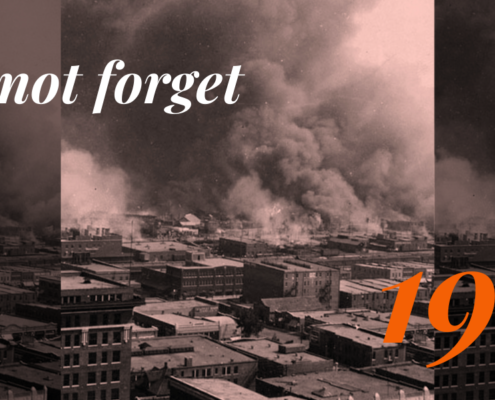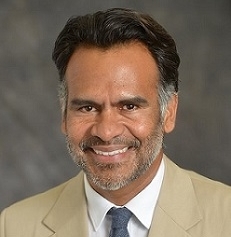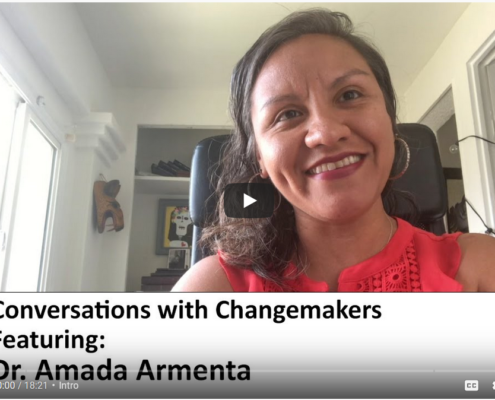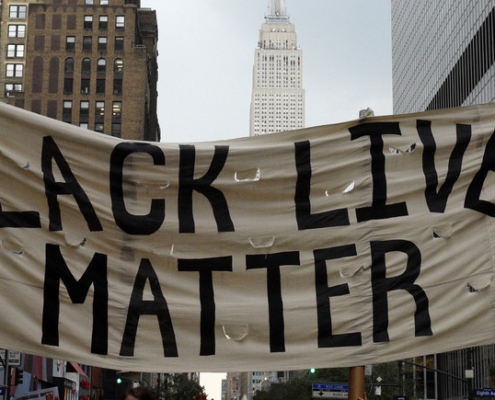Posts

UCLA Department of African American Studies Remembers the 1921 Tulsa Race Massacre on Its Website and in Upcoming Events
Please join the Department of African American Studies at…

Professor Avila Featured in PBS Film, “Driving While Black: Race, Space and Mobility in America”
UCLA Professor Eric Avila, was one of the scholars and community…

LA Social Science Presents “Conversations with Changemakers” Featuring Dr. Amada Armenta
The current state of relations between multiple arms of law…

UCLA Leadership Releases Statement in Support of Black Lives Matter and Provides Expertise in Protest Coverage
On May 30, 2020, UCLA Leadership released the statement…

